September 2019
Roll Along with the Reusable Bag
If you are a student, hopefully you have received a BGSU reusable bag when you moved into your residence hall this fall. Maybe you received one at Campus Fest. Or, you may be one of the few that have not received a bag yet. So, what’s the hype with the new reusable bag and why should you use it?
The new reusable bag is an initiative aimed to decrease the number of plastic bags handed out on campus and offer the campus community a reusable option when shopping, packing food, or carrying items around campus. Did you know, 12 minutes is the average lifespan of a plastic bag from initial use to disposal (Forbes, 2018). And, 12 million barrels of oil are used to make all plastic bags in the US each year (Center for Biological Diversity, 2019). You may have seen these quotes on the side of the new reusable bag. The Environmental Action Group (E.A.G), a student organization, brought these facts to the attention of the campus community during the Spring of 2018.
During that same time, E.A.G collaborated with the Undergraduate Student Government (USG) to propose and pass a resolution that banned plastic bags on campus. A difficult path followed regarding how to transition the campus away from plastic bags and towards a renewable option.
During the next year collaboration took place with administration, BGSU Dining, Campus Sustainability, Admissions, E.A.G, USG, The Student Green Fund, and others. Many alternatives were suggested but nothing was pursued campus wide. During the same time the city of Bowling Green started to discuss the option of banning plastic bags within the city limits. Banning plastic bags and offering alternatives started to lose interest on campus. Certain groups continued to discuss alternatives, but little progress was being made.
That all changed Spring semester 2019, when an undergraduate Tatiana Rodzos (recently graduated) submitted an application to the Student Green Fund as part of a class project (and on behalf of E.A.G). The application requested funding for 15,000 reusable bags that would be distributed to students at Bowling Green State University. The grant proposal was successful, and money was awarded by the Green Fund for the project.
Much more collaboration and planning took place this past summer to plan the details of the introduction and distribution of the reusable bags for students when they arrived back on campus. Distributing 15,000 bags to students required efforts from Purchasing, BGSU Dining, Residence Life, Campus Sustainability, USG, Student Green Fund, and E.A.G. This project is a perfect example of how change comes about in a campus community; but, time, perseverance, and creativity are all required!
As you walk around campus keep your eye out for the BGSU reusable bag. If you see one be reminded of the hours of collaboration and planning that took place to make it a possibility. The average American family uses approximately 1,500 plastic bags a year (Center for Biological Diversity, 2019). Imagine if we all converted to using a reusable bag and the amount of pollution that would decrease in our communities and landfills. For example, it takes between 400 and 1000 years for a plastic bag to breakdown. During this times these plastics contaminate soil and waterways—contributing to, “over 100,000 sea turtle and other marine animal deaths every year” (Conserving Now, 2019) Be an environmental advocate and use you bag!
All students living on campus should have received a bag during the initial move in. If students did not receive a bag, or do not live on campus you may contact Olive Bartholomew (E.A.G President obartho@bgsu.edu), or reach out to BGSU Campus Sustainability (greenbg@bgsu.edu).
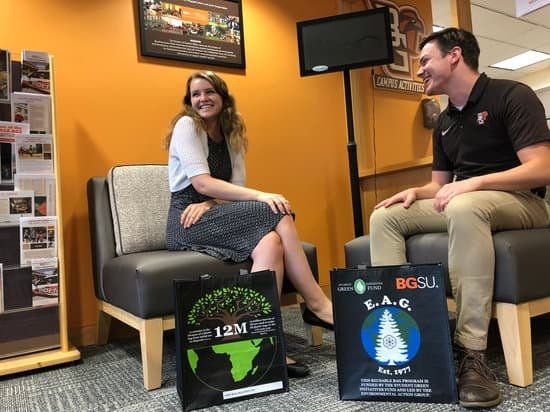
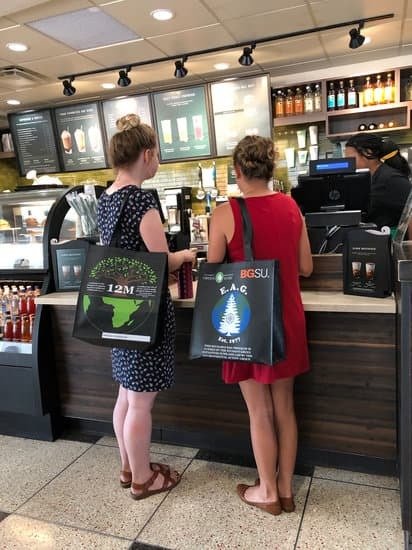
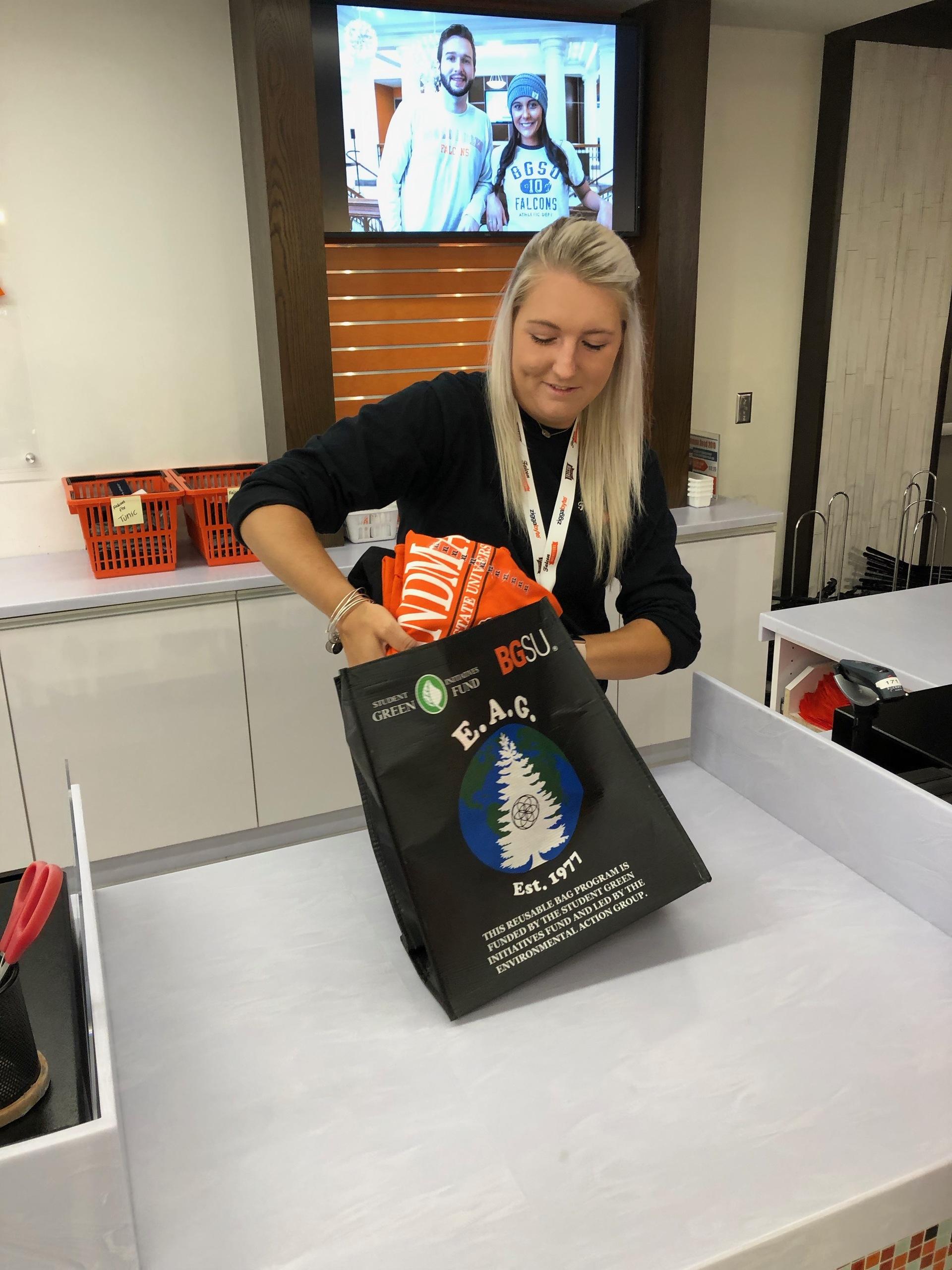
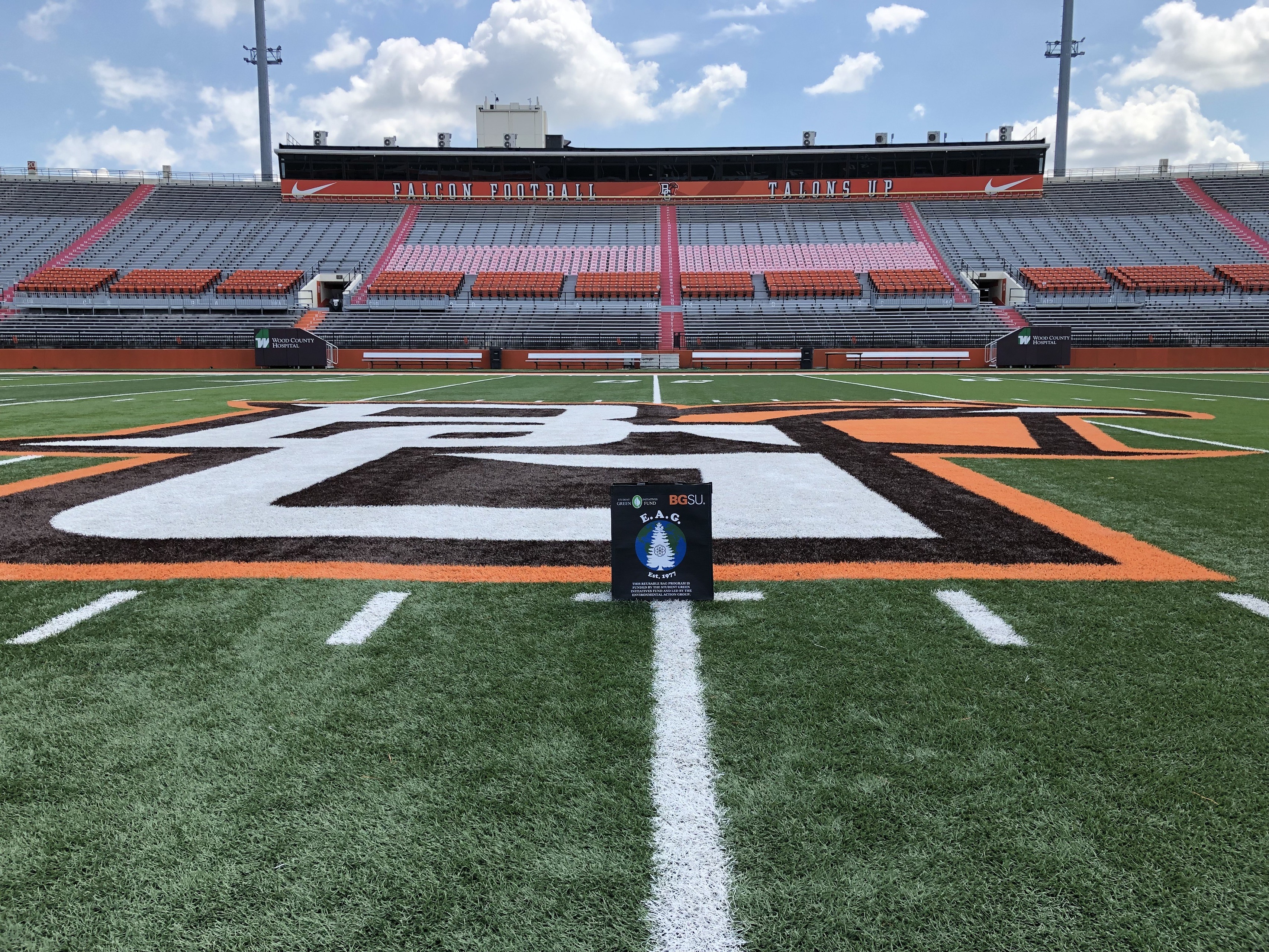

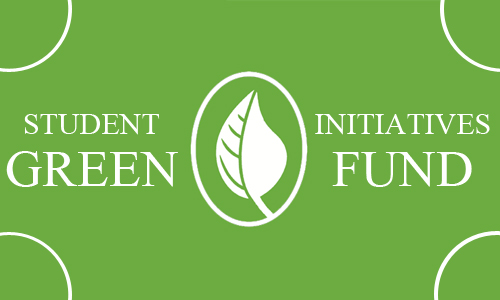

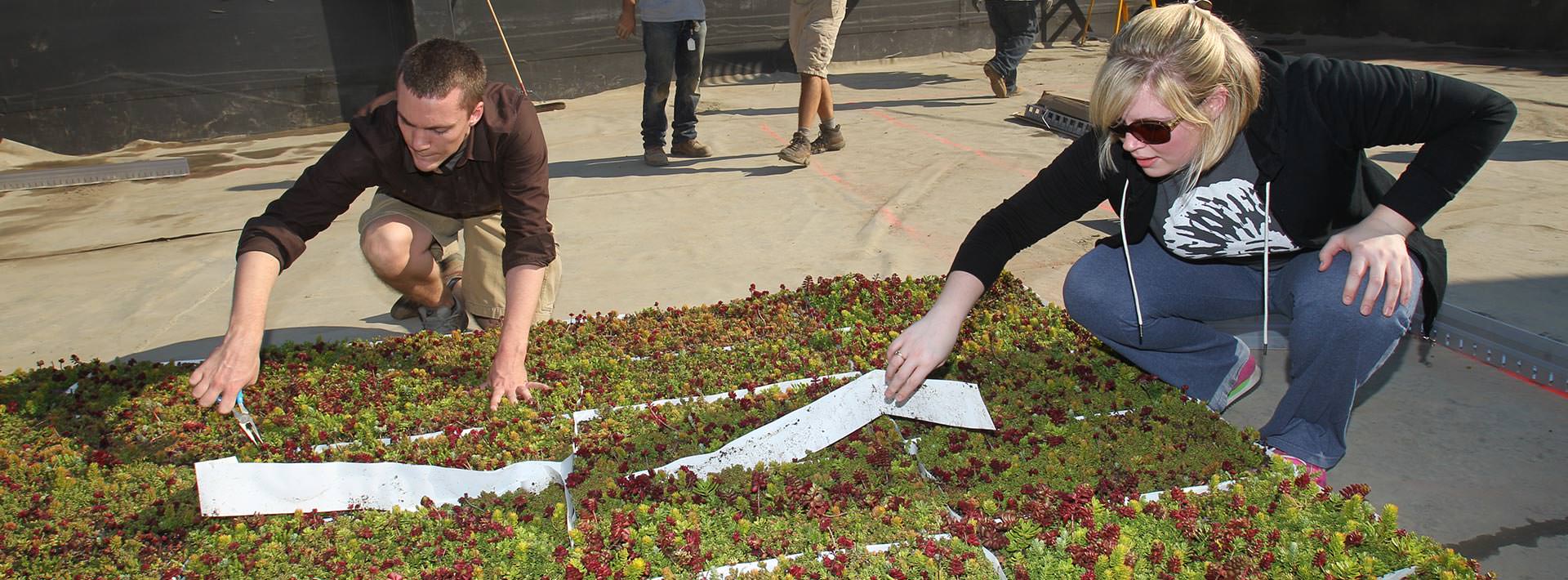
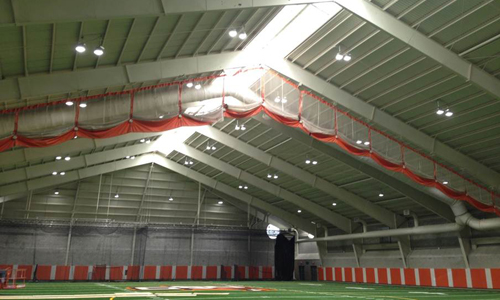
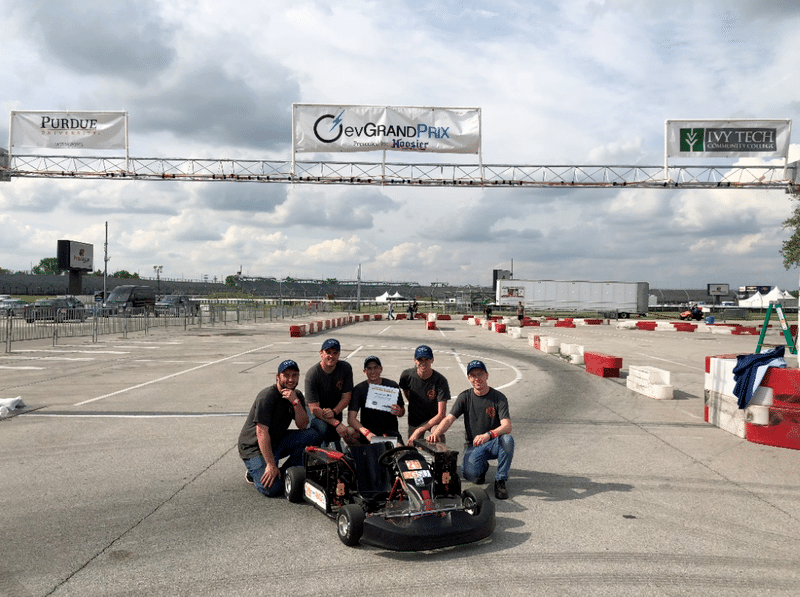
Go Green With the Green Fund
Do you have a green idea? Get it funded by the Student Green Initiatives Fund! The Student Green Fund has awarded over 1 million dollars to make BGSU more sustainable in the past 9 ½ years!
Each semester students pay an opt-out fee of $5.00, which goes to fund sustainable projects on campus. Each of these projects are proposed by students and supported by faculty mentors. There is no limit to the monetary amount that can be requested. The only stipulation is that projects must meet at least one of the three overarching goals established through the BGSU’s “Climate Action Plan” and “Strategic Plan”: 1.) Reduction of Emissions 2.) Waste Reduction & Resource Conservation 3.) Education, Awareness, & Outreach.
Last year the Green Fund Committee funded a water bottle filling station for the College of Musical Arts, an Electric Racing Go-Kart for the Engineering Society, two EV Charging Stations and educational materials for the Maurer Center, and 15,000 reusable bags for students on campus on behalf of the Environmental Action Group (E.A.G). The Green Fund has also committed $500,000 to solar. You can find more projects that have been awarded by following the link provided below.
Any student (undergraduate or graduate) may apply. If you are looking for advice or tips on getting started feel free to reach out to the Green Fund Committee directly (greenbg@bgsu.edu). You can find more information as well as the application at the link provided: https://www.bgsu.edu/campus-sustainability/student-green-initiatives-fund.html
The Student Green Fund Committee is comprised of an Administrative Representative (Dr. Nick Hennessy), Faculty Representative (Dr. Holly Myers), Graduate Student Senate Representative (Bernadette Bowen), Undergraduate Student Government Representative (Madi Stump), and six undergraduate students (Amelia Reed, Sabrina Klavinger, David Agnes, Olive Bartholomew, Ross Martin, and Adam Smith).
Zero Waste Picnics
Imagine the amount of trash that would be collected and sent to the landfill from serving lunch to 6,400 people. Most people would assume a lot, but BGSU served approximately 6,400 people between the two Zero-Waste Picnics this fall semester and only 10lbs of trash were generated! Only 10lbs! These picnics included the Fall Welcome President’s Picnic August 24th and the All Campus Picnic September 11th.
How’d we do it? By strategically planning zero-waste events and strong collaboration between Campus Sustainability and BGSU Dining. “A Zero Waste Event is one in which event organizers plan ahead to reduce solid waste from the event, reuse various elements such as banners, and set up Zero-Waste Stations for those recyclable and compostable materials such as paper cups, food scraps, and plastic water bottles that are generated by the event” (Wikipedia, 2019). Many volunteers are needed to pull off a large zero waste event, since monitoring the compost and recycling containers are absolutely critical.
The two picnics produced over half-a-ton of compost (»1,100lbs). Instead of using single-use plastics (forks, plates, etc.), BGSU Dining supplied natural/compostable forks, plates, and all leftover food was composted. All cans and bottles for beverages were recycled. The main source of trash were things people brought with them such as Starbucks/Dunkin’ cups, candy wrappers, fliers, and other trash obtained from student organizations at the event.
If you have an event coming up and would like help making it a zero-waste event contact greenbg@bgsu.edu for tips and advice. Check out this informative article that will help you plan your next zero-waste event:https://www.greenbiz.com/article/step-step-guide-zero-waste-events
Do you have experience with planning a zero-waste event? Share it with us and get featured in Campus Sustainability’s next newsletter!
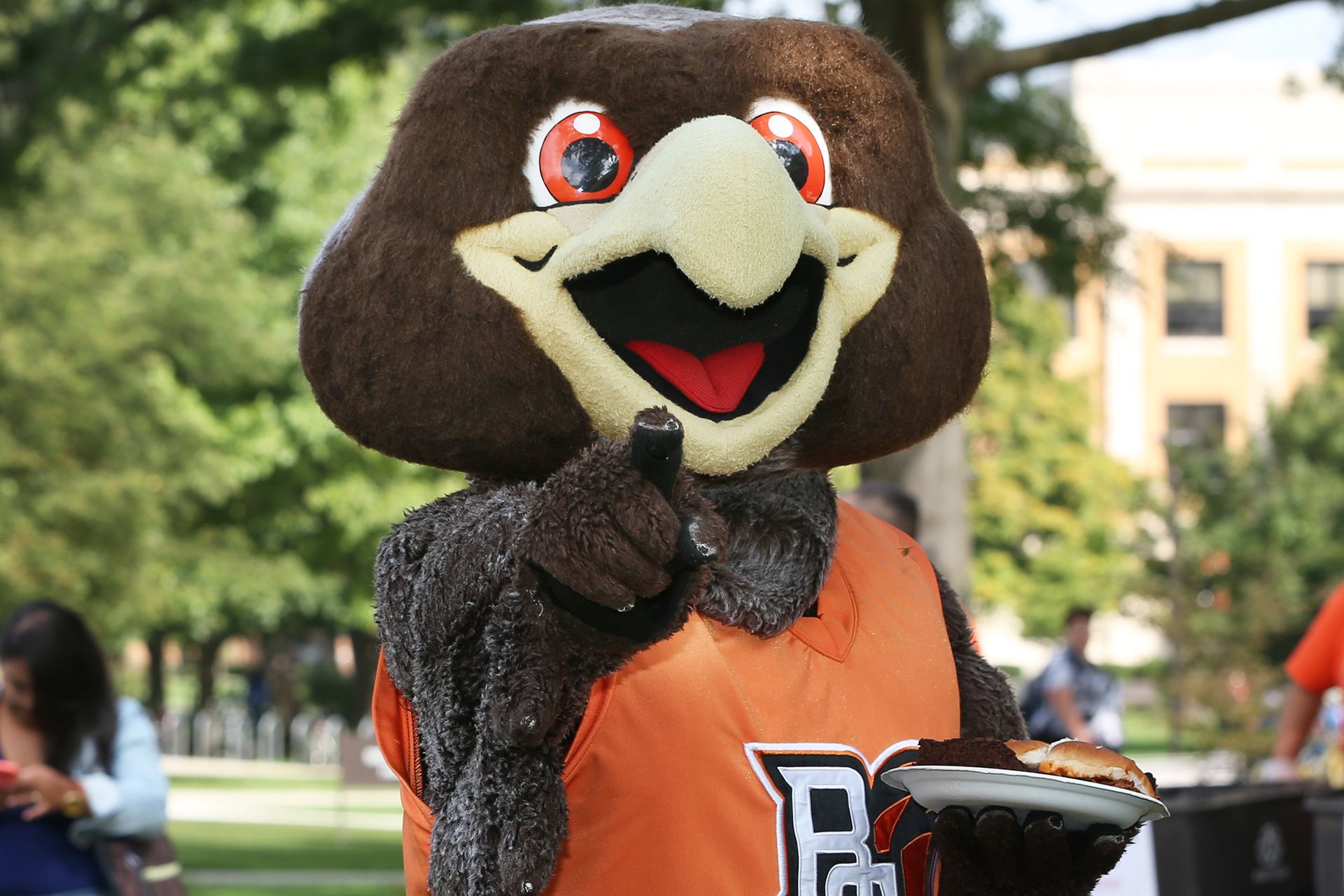
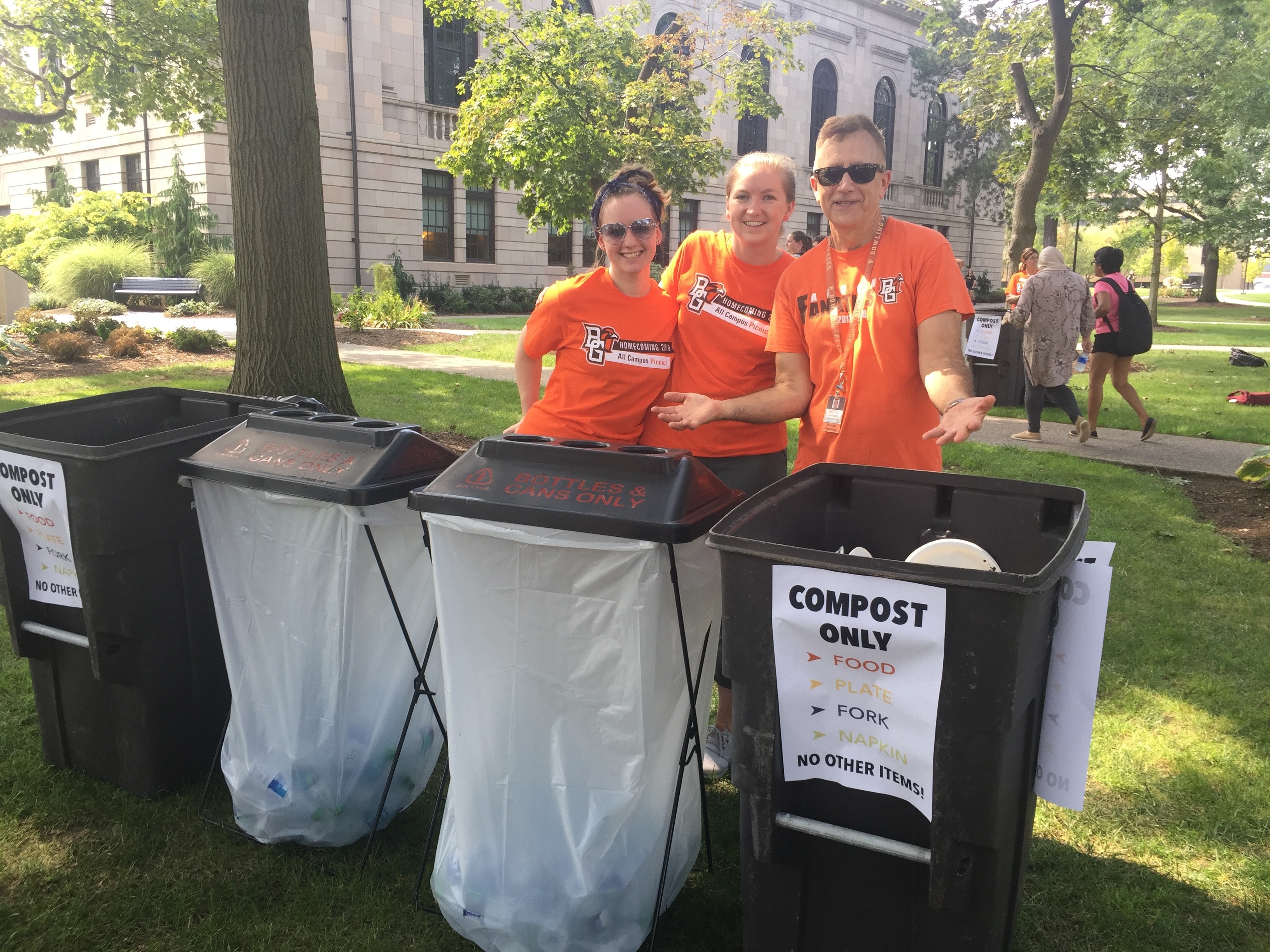
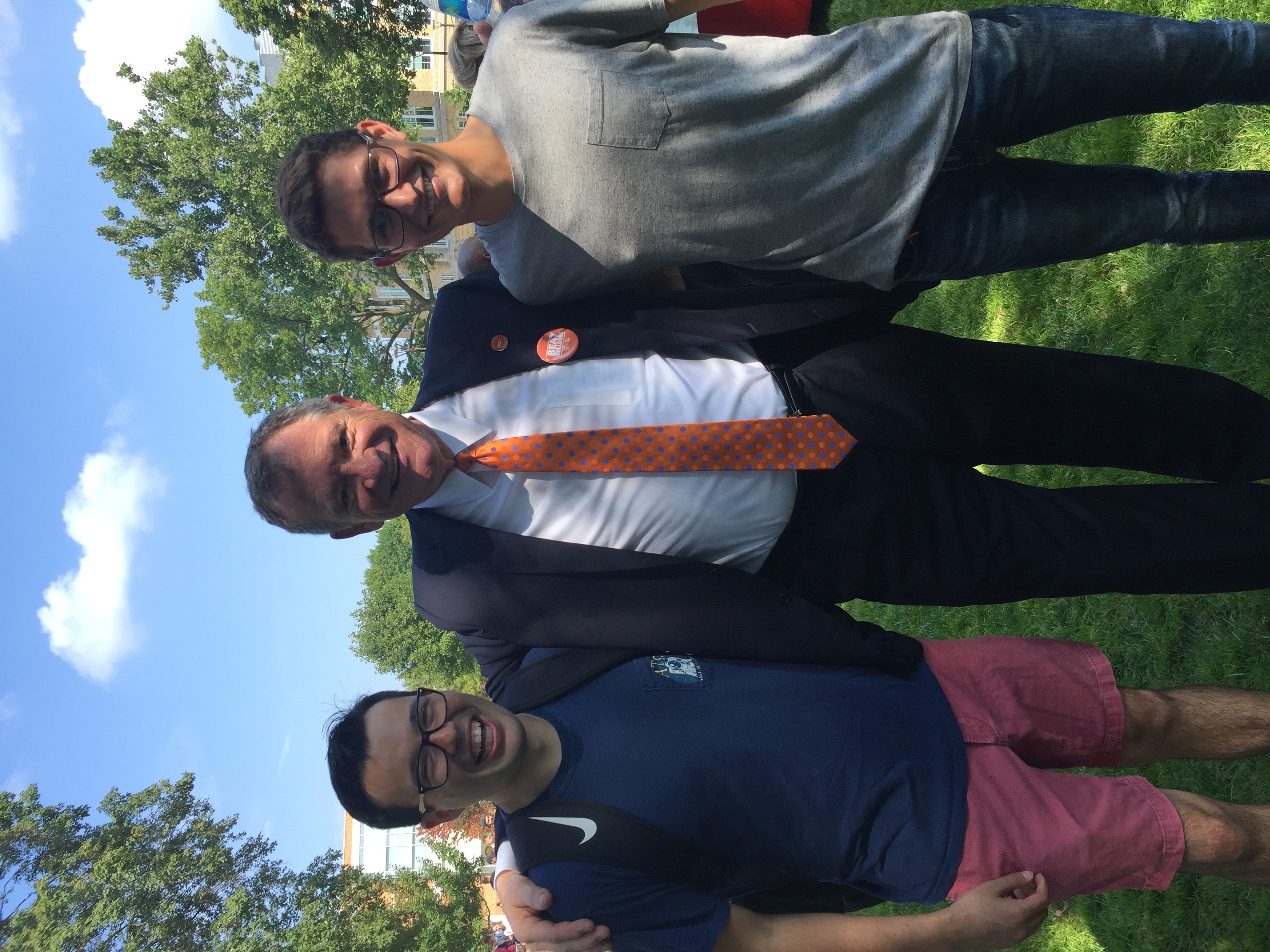
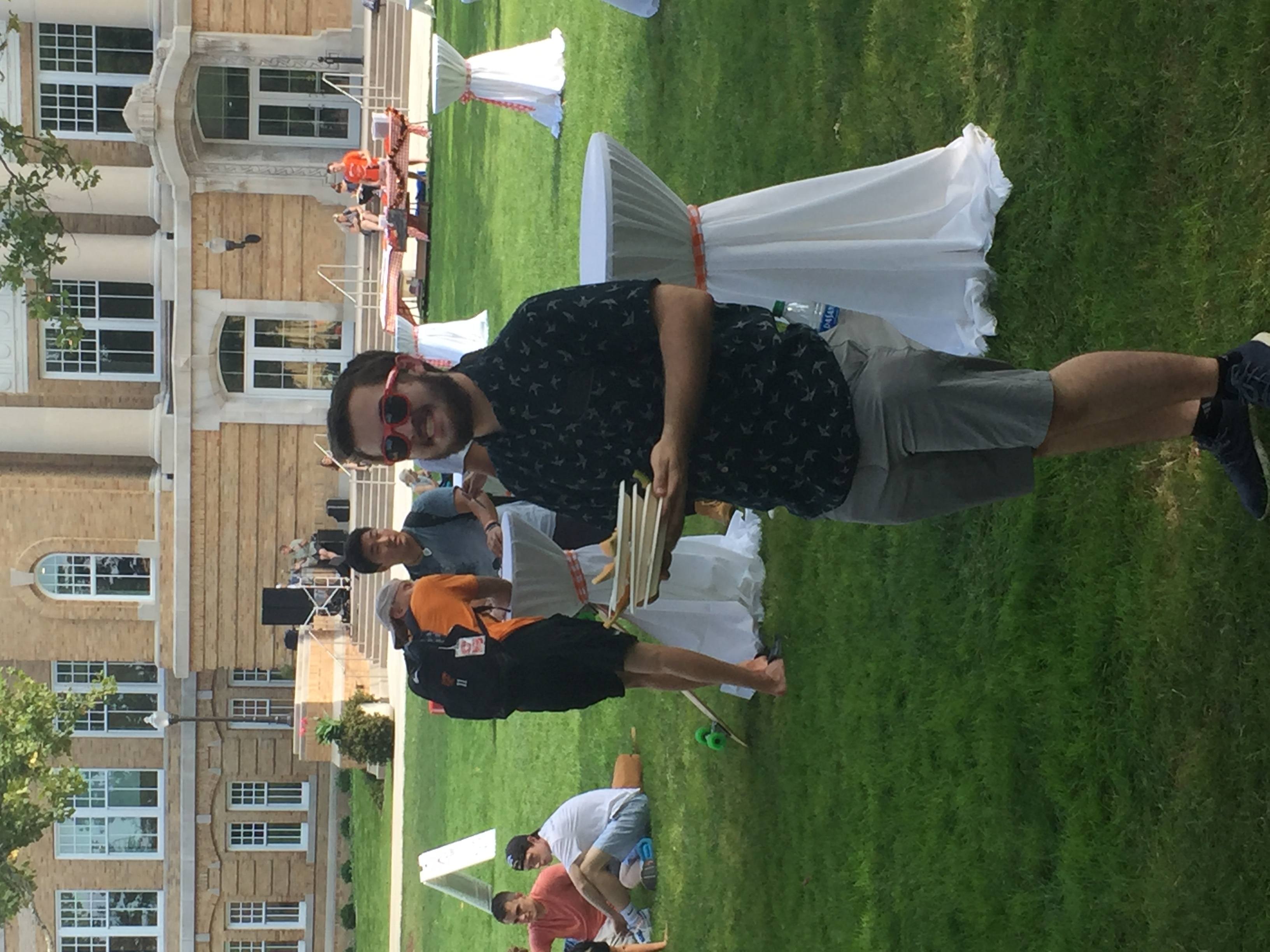
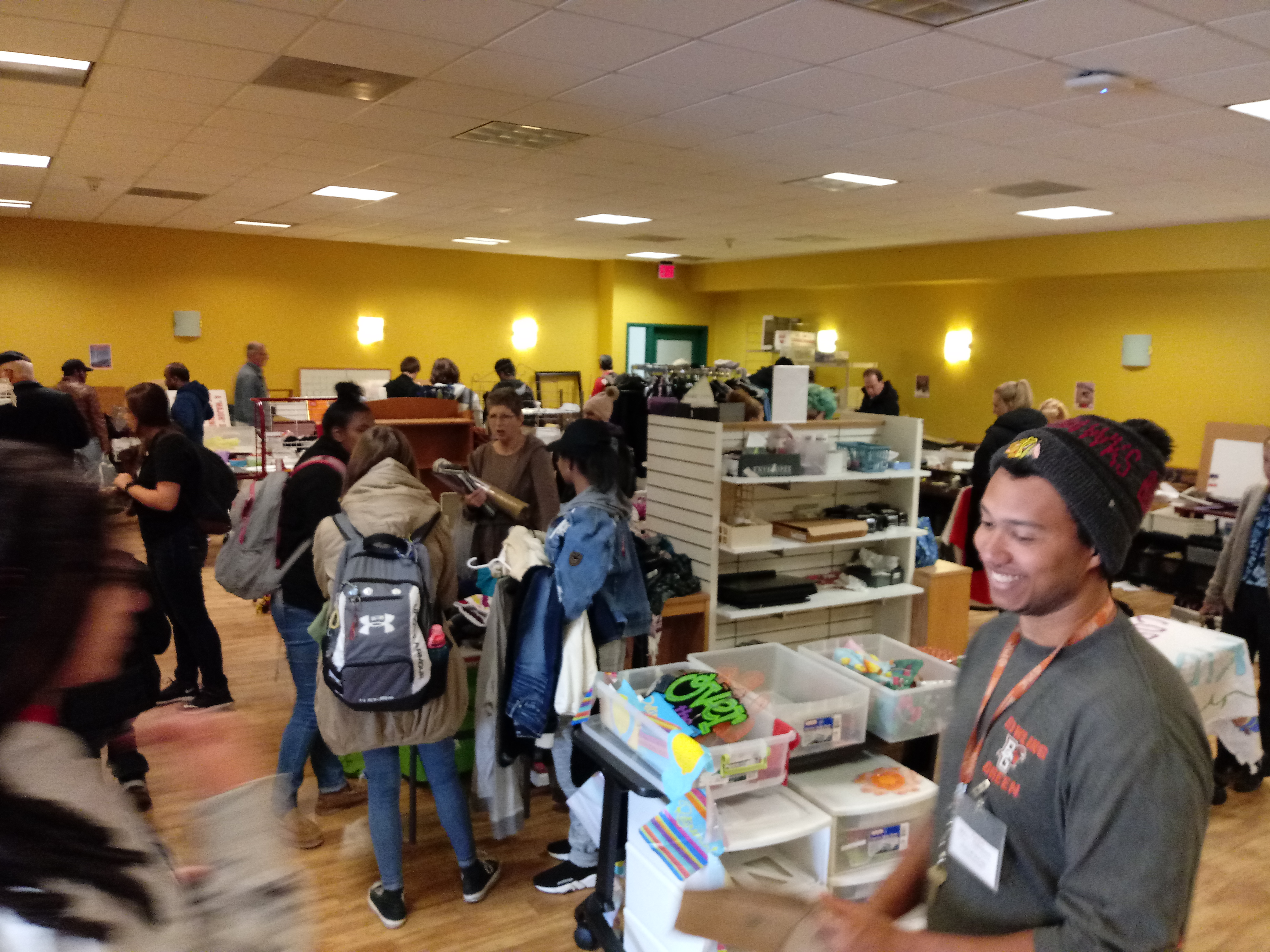
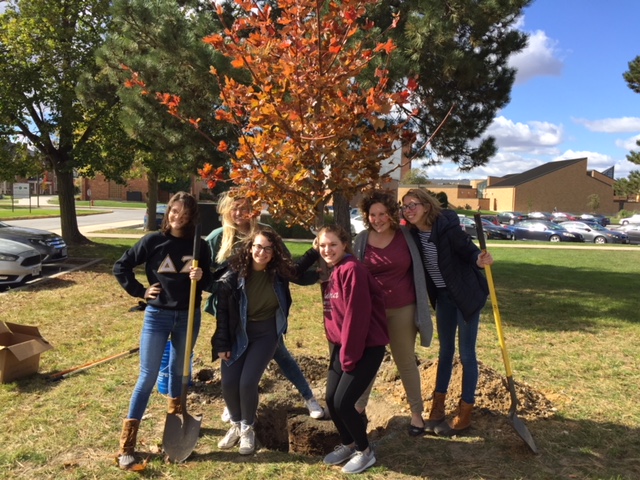
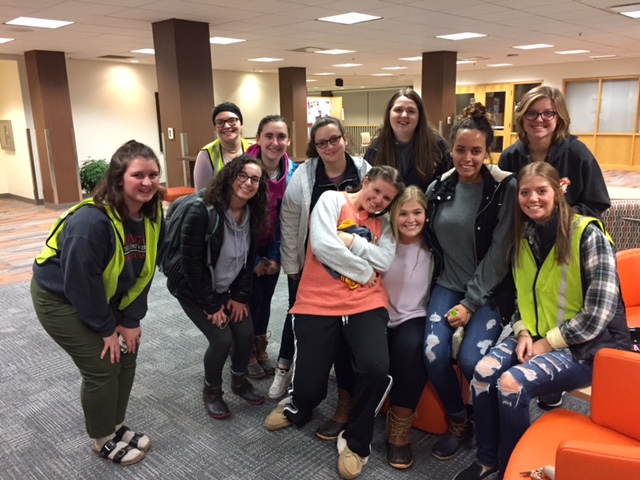
Looking Forward with Campus Sustainability
Join Campus Sustainability for the Campus reStore Event on Wednesday September 25th, from 11:00 am to 2:00pm. The event is open to all current students, faculty, and staff. There will be an abundance of office supplies, books, clothing, and homeware—all items are free! The Campus reStore is located next to Kreischer Late Night dining area, which can be accessed by entering up the exterior stairs facing the BGSU Rec Center.
The goal of the Campus reStore is to offer the campus community previously used items that are still in good condition. At the same time thousands of pounds away from the landfills. Many of the items offered in the reStore have been donated by campus offices/departments, and through the WYMO Program (When You Move Out Don’t Throw it Out). Many of these donations would have ended up in landfills if it were not for an outlet such as the Campus reStore.
If you are interested in volunteering for the event, please contact greenbg@bgsu.edu. Volunteers will help sort items and run the event alongside Dr. Nick (BGSU’s Sustainability Manager) and Campus Sustainability interns. Join us for this reuse event, this Wednesday! Save yourself some money and help make BGSU a greener campus!
Like staying up to date on all of BGSU's sustainability updates? Be sure to subscribe to this newsletter to get it sent to your email inbox each month!
Updated: 01/10/2024 10:46AM
